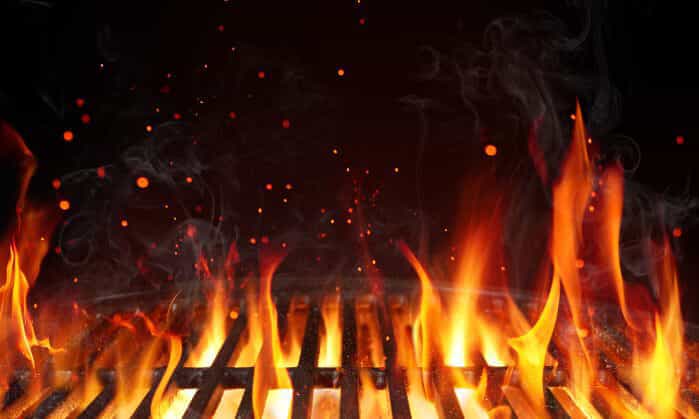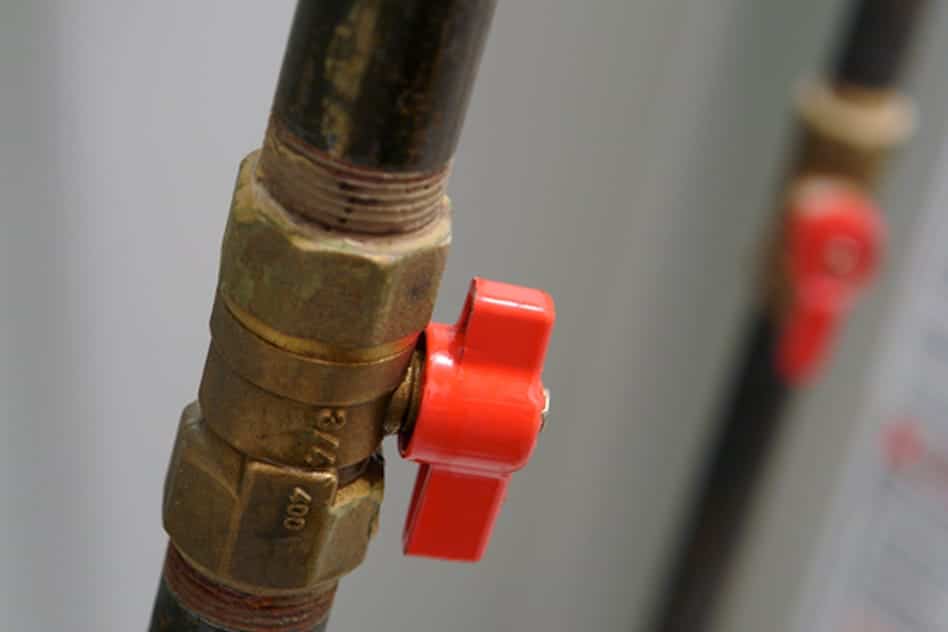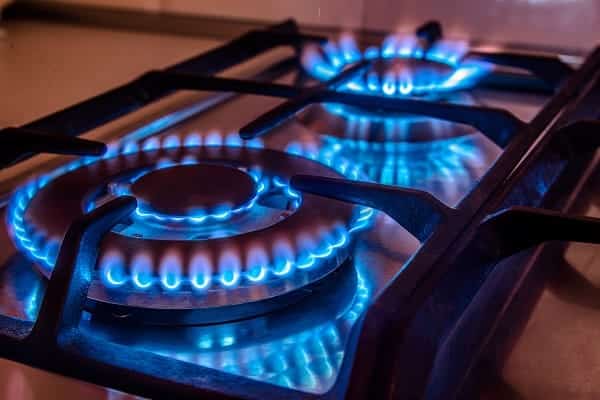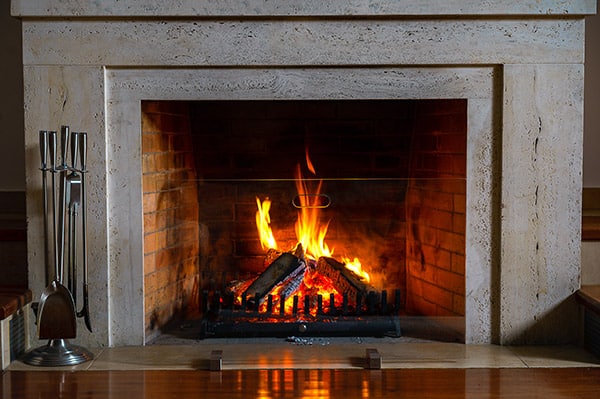
That Smell Isn’t Just in Your Head: How to Spot a Gas Leak Before It’s a Problem
Okay, let’s be real—gas is one of those things we depend on every day without really thinking about it. It quietly fuels our heaters, cooks our food, and keeps our water warm. But when something’s off, it can go from invisible helper to serious danger fast.
I’ve had a few calls over the years where someone almost ignored that weird smell in their laundry room or thought the dying shrubs near their porch were just from the heat. Turns out—it was a leak. So let’s talk about what you should watch for, and more importantly, what to do if you think gas is escaping in or around your home.
Why You Can’t Afford to Shrug Off Gas Leaks
Most people I’ve met assume gas leaks are rare, but they happen more often than you’d think. And no, not just in old houses. The scary part? A small leak might go unnoticed for days. But all it takes is one spark—or even a flip of a light switch—for things to go sideways.
It’s not just about fire risk either. Breathing in gas over time messes with your health. People don’t always make that connection when they’re feeling foggy or dizzy indoors.
So… How Do You Know If Something’s Wrong?
Here’s what I always tell people. Trust your senses.
1. That Rotten Egg Smell? Don’t Ignore It.
This is a big one. Gas doesn’t naturally have a smell, so companies add something called mercaptan. It smells awful—like sulfur or rotting eggs. If you catch even a whiff inside, especially near your stove or heater, open the door and get out.
2. Hissing Sounds Are Not Normal
Noticed a weird hiss near a gas line or appliance? That’s not something to brush off. Gas under pressure escaping will often make a sound, even if it’s faint.
3. Plants Dying for No Good Reason
I once had a neighbor call because half of her garden just shriveled up over a weekend. The culprit? A tiny leak under the soil. Gas can kill vegetation fast. If one patch of lawn or flowers looks strangely dead, there might be something going on below.
4. Bubbles in Puddles or Wet Spots
This one surprises people. But yes—if you see consistent bubbling in a wet area outside, and there’s no good reason for it (like a busted sprinkler), that could be gas leaking from below.
5. Feeling Off Inside the House?
This one’s tough because it’s subtle. If everyone starts feeling a little sick, tired, or woozy in one area of the house, especially if symptoms ease once you’re outside, get it checked. Don’t wait.
Where’s Your Shut-Off Valve? (Seriously, Go Find It)
Every home has one, and it’s usually somewhere outside near the gas meter. If you don’t know where yours is, now’s a good time to take a walk and look for it.
It’s got a small handle—you can usually turn it with a wrench. A quarter-turn is all it takes to stop the gas flow. Also, if you have a gas stove or dryer, those usually have smaller shut-offs nearby.
It’s worth taking 10 minutes to find and label these. In an emergency, every second counts—and you don’t want to be Googling instructions while the house smells like sulfur.
If You Think You’ve Got a Leak, Here’s What to Do
Let’s keep this simple:
-
Don’t hang around. Grab your people and get out.
-
Don’t turn anything on or off. Switches, phones, even flashlights—anything that could spark should be avoided.
-
Once you’re outside, call your gas company or 911.
-
Stay out until someone in a uniform tells you it’s safe.
And seriously—don’t try to “fix” it yourself. This isn’t the time for duct tape and YouTube tutorials.
One Last Thing—Don’t Wait for Trouble
If your gas appliances haven’t been inspected in a while, or if something’s just… off, it’s better to get it checked. Even if there’s no immediate leak, corrosion and aging pipes are silent risks that can build over time.
At My Georgia Plumber, we’ve seen it all—and we’d rather help you catch something early than meet you after a call to 911. We can inspect your system, test for leaks, and show you how to shut everything down in an emergency.
Gas Leak? Don’t Panic—Here’s What to Do (And What NOT to Do)
Safety First: What to Know, What to Avoid, and When to Call a Pro If you’ve ever smelled something like rotten eggs and thought, “Is that gas?”—you’re not alone.Gas leaks are one of the most serious emergencies we handle at My Georgia Plumber. While rare, they can be extremely dangerous if not addressed quickly and...Continue reading→
Safe Gas Line Repair and Installation in Woodstock, GA: What Homeowners Need to Know
If you’re a homeowner in Woodstock, GA, you might be considering installing a new gas line for a fireplace, grill, or other appliances. Or perhaps you’ve noticed signs of a gas line issue and need repairs. Whether you’re planning an installation or facing a repair, understanding gas line safety is crucial. Here, we’ll cover what...Continue reading→
Fall Fireplace Maintenance: Preparing Your Home for Winter
As the crisp autumn air rolls in and the leaves begin to change, it’s time to prepare your home for the colder months ahead. A cozy fireplace can transform your living space into a warm haven during winter, but proper maintenance is essential to ensure it operates safely and efficiently. At My Georgia Plumber, we’re...Continue reading→













